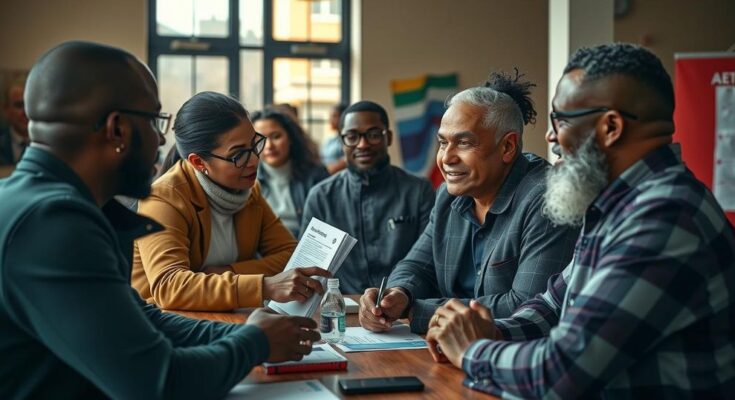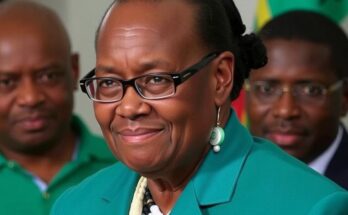Georgia approaches a pivotal parliamentary election that may significantly impact its EU membership ambitions. While a strong majority of citizens support integration, regional concerns about stability and local governance dominate discussions, particularly in rural areas like Javakheti. The ruling Georgian Dream party faces scrutiny due to recent authoritarian measures, including a controversial foreign influence law. The election represents a critical moment for Georgia, which must choose between further alignment with Europe or succumbing to Russian influence.
Georgia is on the brink of a significant parliamentary election that may have long-lasting implications for its aspirations to join the European Union. The ruling party, Georgian Dream, faces a coalition of opposition groups calling for closer ties with the West. As citizens prepare to vote, local sentiments indicate that while many support EU membership, particularly in urban centers like Tbilisi, rural communities, such as those in the Javakheti region, express more immediate concerns regarding stability and governance. Vahan Agayan, a sheep farmer in Javakheti, articulated this sentiment, stating he feels compelled to vote for the incumbent party, indicating local loyalty over broader political aspirations. This election symbolizes a potential crossroads for Georgia: the decision to align more closely with European democratic values or to acquiesce to the influence of Russia, amidst fears of rising authoritarianism within Georgian Dream, further intensified by controversies such as the recently passed foreign influence law. The outcome is viewed as pivotal, reflecting either a continuation of the status quo or a shift in the path toward European integration, amidst growing tensions with Moscow.
As Georgia prepares for its parliamentary election, it faces a crucial moment in its quest for European integration, juxtaposed against its complicated relationship with Russia. Since gaining independence in 1991, Georgia has oscillated between seeking closer ties with the West and managing its historic connection to Russia. The ruling Georgian Dream party, which has been in governance since 2012, once promised to uphold civil rights and pursue EU and NATO membership. However, recent actions perceived as authoritarian, including the introduction of the foreign influence law, have led to an indefinite suspension of EU accession talks by Brussels. Amidst this backdrop, the political landscape reveals a profound divide between urban and rural citizens regarding their country’s future alignment—whether toward European values or a renewed allegiance to Russian influence. This dichotomy is evident in regions like Javakheti, where local farmers express immediate concerns about their livelihoods over broader geopolitical issues.
In conclusion, Georgia stands at a critical juncture as it approaches its parliamentary elections. The decisions made at the polls will not only determine the country’s immediate political landscape but also influence its long-term aspirations for European integration and stability. With significant portions of the population feeling the effects of governance and economic uncertainty, the upcoming vote is poised to be a referendum not only on the ruling party’s authority but also on the fundamental values that will shape Georgia’s identity and alliances in the years ahead. The tension between aspirations for a European future and the shadow of Russian influence continues to underscore the stakes of this election.
Original Source: apnews.com




